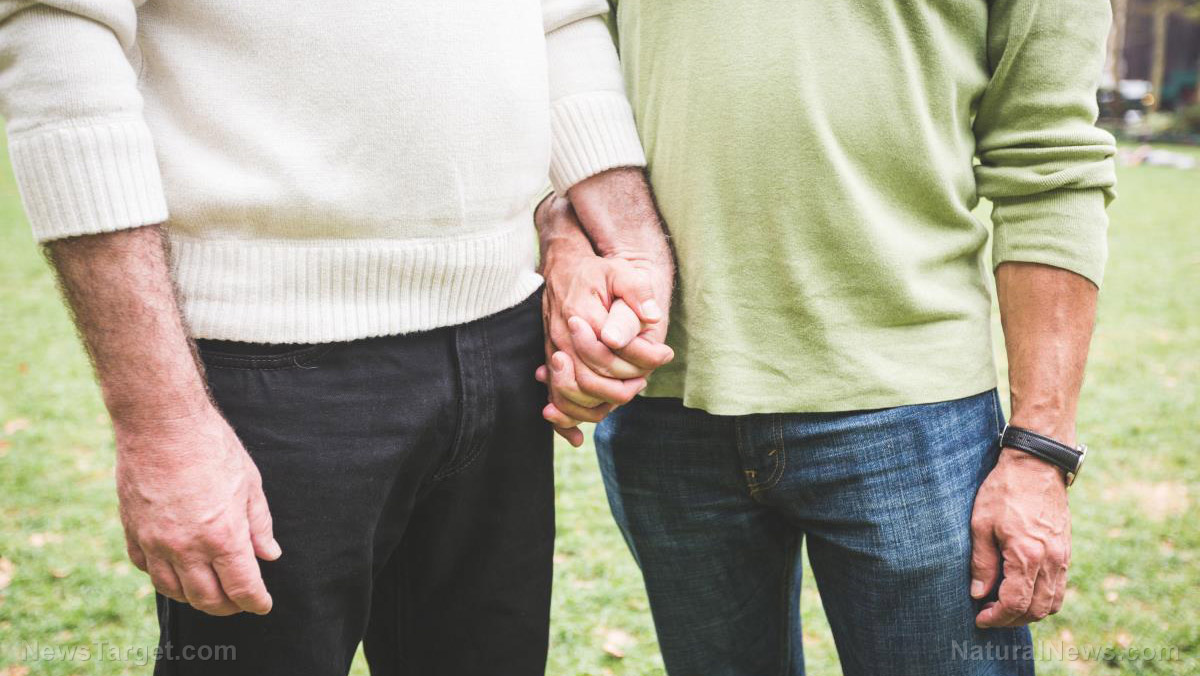Restorative sleep promotes immune health and helps protect you from coronavirus and other diseases
04/05/2020 / By Zoey Sky

Keeping your immune system strong and healthy is important since it protects you from germs that can make you sick. There are many ways to boost your immunity, such as eating nutritious foods, taking vitamin supplements and exercising regularly. Getting enough sleep each night is also key to supporting immune health and overall well-being.
How can sleep help fight coronavirus?
Coronavirus (COVID-19) is still spreading across the globe, and citizens are left scrambling as they prepare for the worst.
COVID-19 symptoms include:
- Difficulty breathing
- Headaches
- Coughing
- A runny nose
- Sore throat
- A fever
Getting at least eight hours of sleep each night is one of the most effective ways to improve your immunity and fight off viruses and illness since sleep is a natural immune booster.
To understand how sleep can promote immune health, you first need to know how the immune system works.
The immune system is your body’s natural defense system against germs cause diseases. It has three main functions:
- To identify pathogens, or disease-causing microorganisms, and eliminate them from the body. Bacteria, fungi, parasites and viruses are considered pathogens.
- Find and neutralize harmful substances that come from outside the body.
- Address major changes within the body, like the growth of cancer cells.
The immune system is activated when it recognizes antigens, or toxins and other foreign substances, in the body. This triggers a response and your immune system develops antibodies, which are cells specifically developed to fight invaders.

How sleep helps the immune system
Restorative sleep ensures that your immune system functions properly so it can protect you from diseases.
Think of your immune system as a football coach, with sleep as its halftime break. A good coach makes adjustments at halftime, after studying what their opponents are doing effectively.
Sleep helps your immune system recover so it can effectively assess any threats. The immune system then targets antigens and directs cells for a counterattack.
However, if you’re constantly sleep-deprived, your body will have a hard time fighting against disease-causing pathogens. (Related: 6 Natural ways to strengthen the immune system amid the coronavirus outbreak.)
How to get a good night’s sleep
Studies have revealed that people who don’t get quality sleep or enough sleep are more likely to get sick after being exposed to a virus, like the common cold (rhinovirus). Sleep deprivation also affects how fast you recover if you’re already sick.
It can be hard to relax and get eight hours of restful sleep each night if you’re constantly worried about the coronavirus pandemic from the bombardment of alarming reports.
If you’re having trouble sleeping at night, try some of the tips below to catch the Zs your body needs so your immune system can protect you from diseases more effectively.
- Follow a balanced diet. Eat lots of fruits and vegetables to give your body the nutrients it needs to stay healthy.
- Exercise regularly.
- Create a sense of structure and routine, especially if you’re working or studying from home. Get up at the same time each day and work in a designated area to keep your office tasks separate from your chores.
- Connect socially with friends and family, but maintain physical distance.
- Practice hobbies that you enjoyed in the past, or revisit relaxation techniques that you’ve tried before.
- Keep smoking and drinking to a minimum or avoid these unhelpful “coping strategies” altogether.
- Limit exposure to news content that you find distressing.
If you live with someone who’s at a high risk of COVID-19, such as adults over the age of 60 and those with underlying conditions, try to assuage their fears. Talk to them, especially if they show signs of feeling anxious, stressed out or isolated.
If your elderly loved ones are at nursing homes or the hospital, let them know that they are loved and constantly in your thoughts. Call them, have daily video chats or send handwritten letters to cheer them up and ask how they are doing.
The same goes for children. According to the United Nations (UN), children are experiencing major disruptions in their lives and a shocking 87 percent of the world’s students are affected by school closures due to the pandemic.
Depending on their age, your kids could be facing similar fears and anxieties as adults, like fear of dying, fear of losing their loved ones or fear of what happens when you receive medical treatment.
When caring for children, simple strategies can go a long way. Spend time with your kids and give them the love and attention they need to address their fears. Let them know what’s happening and be honest so they can understand and model healthy responses.
While there is no cure yet for COVID-19, making lifestyle changes to promote a healthy immune system can significantly protect you from the disease.
Follow a balanced diet, maintain a healthy weight and get enough sleep to support your immune system and boost your overall well-being.
Sources include:
Submit a correction >>
Tagged Under:
coronavirus, covid-19, how-to, immune health, immune system, infections, outbreak, pandemic, prevention, protective measures, Public Health, sleep, sleep quality, superbugs, viral infection
This article may contain statements that reflect the opinion of the author



















